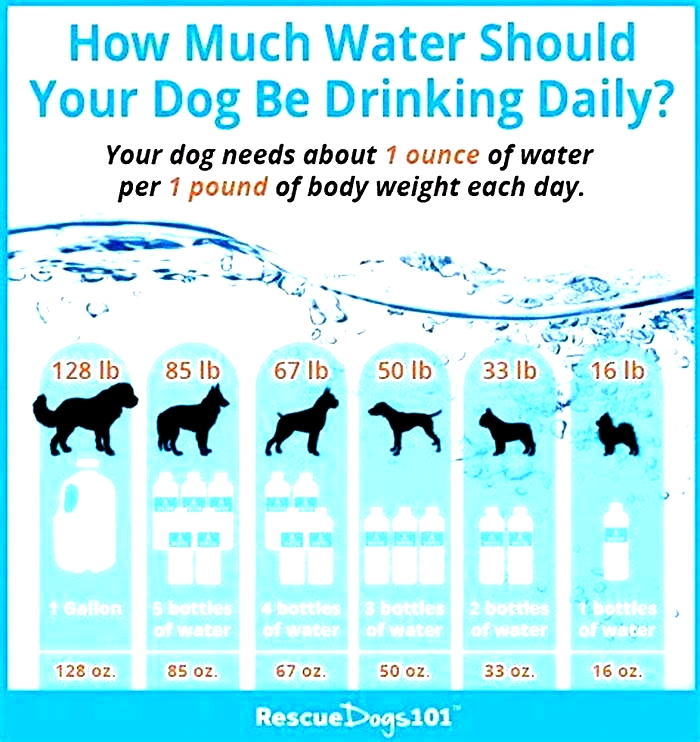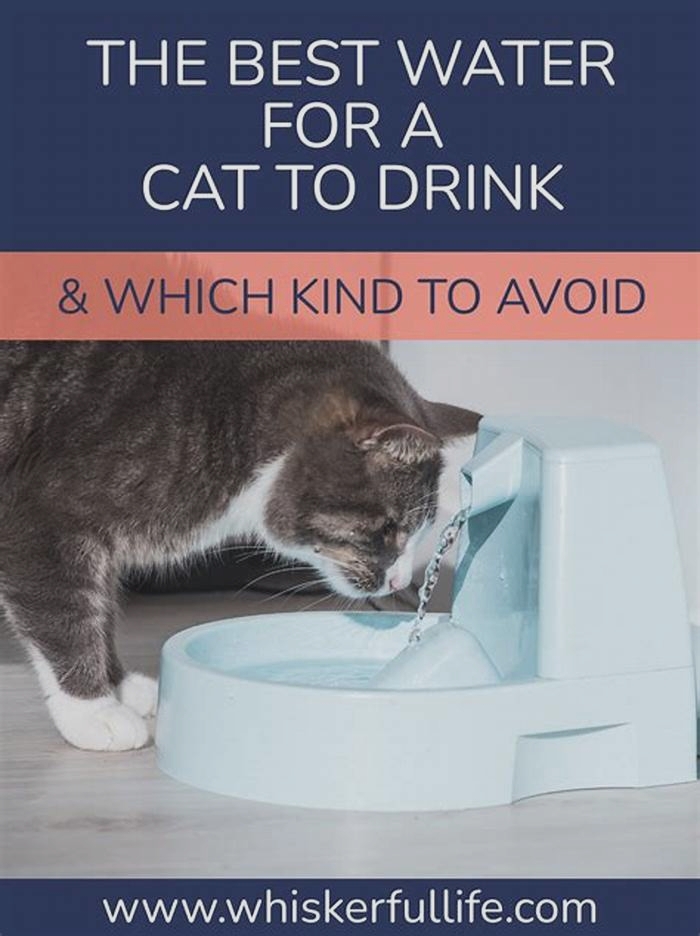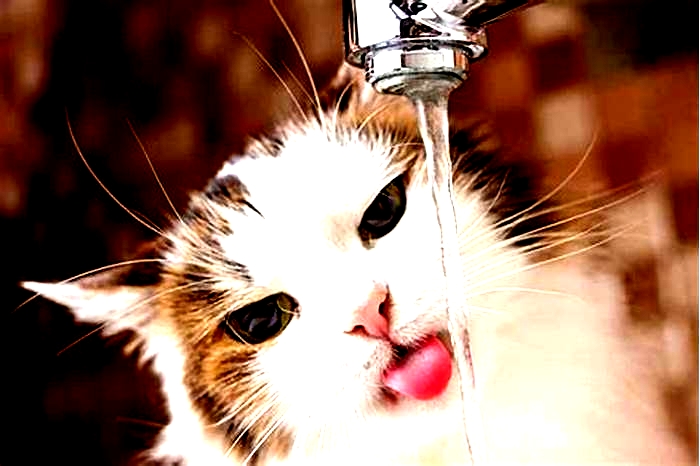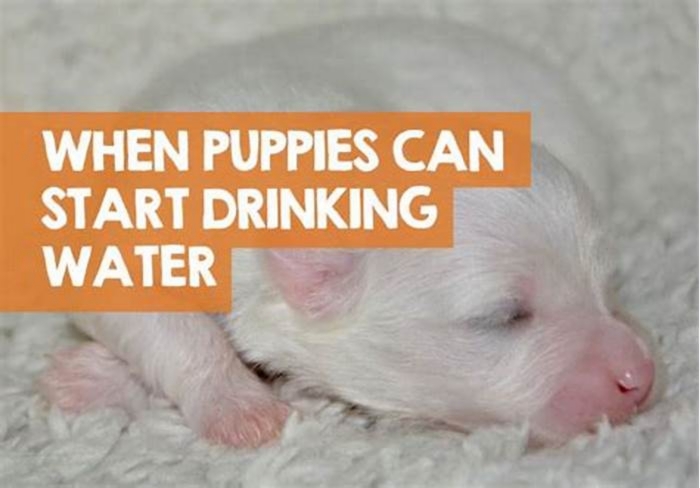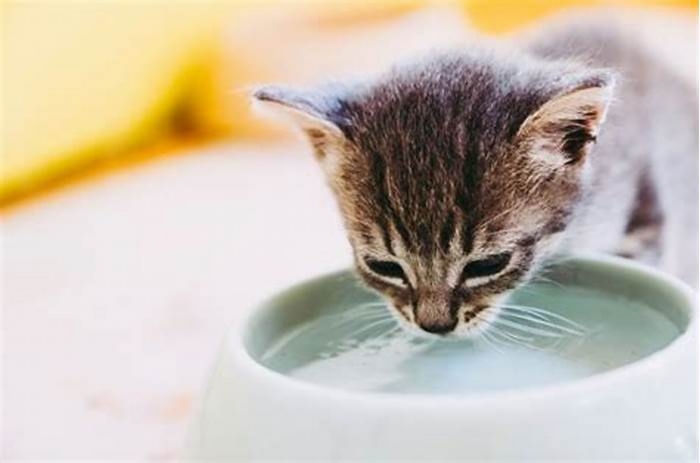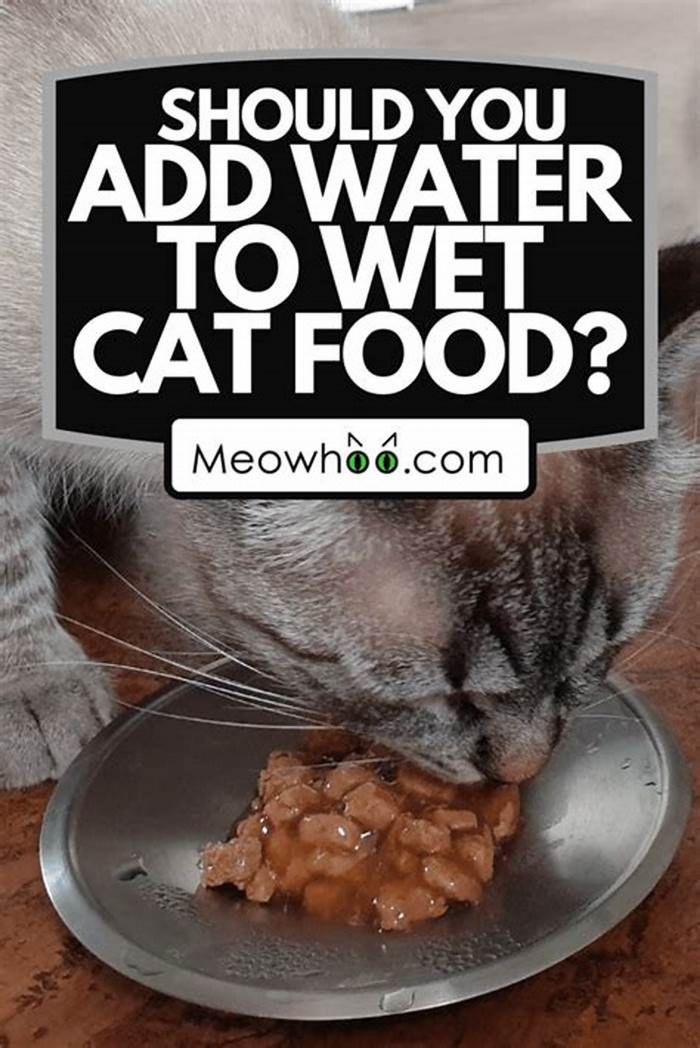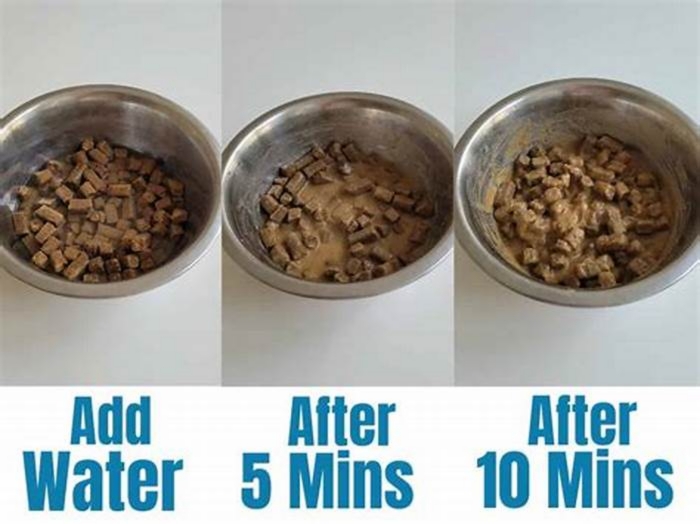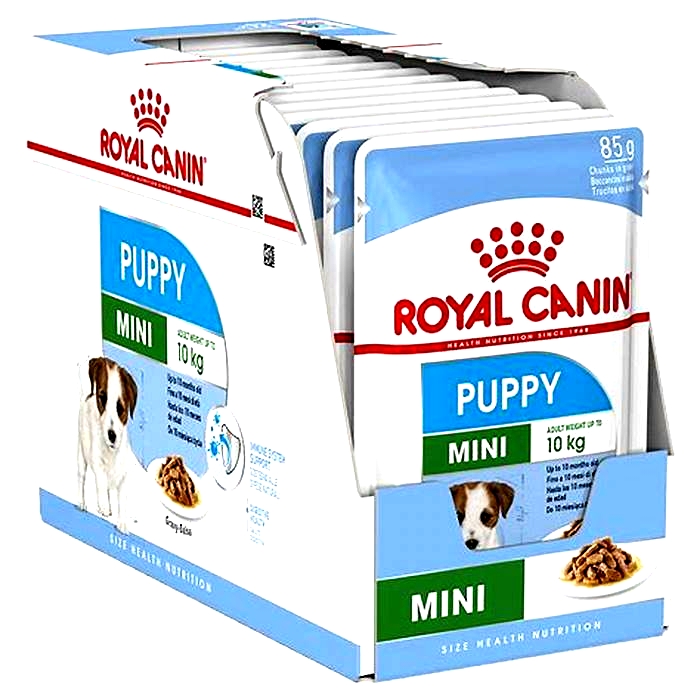How much water should a 5kg puppy drink
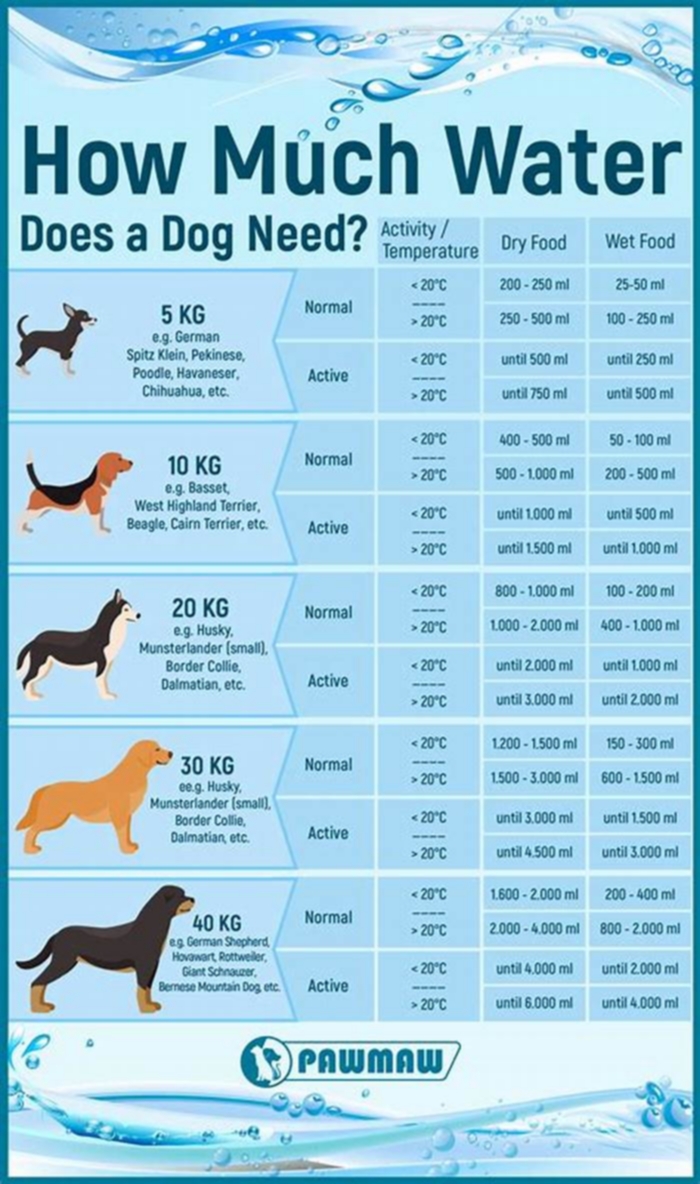
How Much Water Does a Puppy Need?
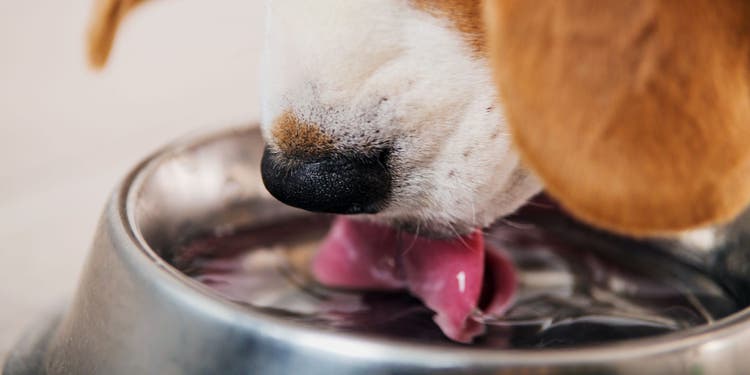
How Much Water Does a Puppy Need?
New puppy owners often ask their vet How much water does my pup need?
Water is an essential part of a dogs body and critical to good health. After all, water is essential for critical cellular, organ, and tissue functions of the body. One realizes the importance of water when faced with the negative consequences of dehydration. As little as a 10% loss of body water can be fatal to a puppy or adult dog.
Water in the body is not static, but a constant and dynamic process. Dogs lose water through breathing, panting, urinating, and having bowel movements. Dogs take in water primarily through drinking, but also get some water from eating food and, to a small degree, by the bodys normal metabolism. We refer to this dynamic flow of fluids as intake and output. Intake is primarily from drinking and water content in food. Output is fluid loss through normal methods of panting, drooling, urine, and bowel movements, as well as abnormal means like diarrhea, vomiting, and blood loss.
Dehydration results from more output than intake. Overhydration results from more intake than output.
7 Factors that Affect How Much a Puppy Drinks
There are 7 factors that can impact how much water a puppy or adult dog should drink.
- Dry dog food vs. Canned dog food. Dry dog food has approximately 15 and up to 30% water, while canned dog food can contain 50% to 75% water. Dogs that eat canned food may drink and require less water.
- Body weight. Water requirements are based on body weight. Bigger dogs require more water than smaller dogs.
- Sodium intake. Just as we have increased thirst after ingestion of a high-salt snack, ingestion of excessive sodium for dogs can create a need for increased amounts of water intake.
- Exercise & activity. Dogs that are more active drink and require more water.
- Weather exposure. The high temperatures of the spring and summer cause dogs to pant. Panting helps them regulate their body temperature, but also results in loss of water.
- Drug therapy. Some medications increase a dogs water intake, including steroids or diuretics like Furosemide (commonly known as Lasix).
- Disease. Diseases such as kidney disease and diabetes can cause increased thirst in dogs.
5 Most Common Causes for Puppy Dehydration
There are many possible reasons that a dog or puppy is dehydrated. They include:
- Eating Indigestible Items. Puppies commonly chew on and ingest things that are not digestible, such as toys, ribbon, string, garbage, or even chemicals. These ingestions can cause fluid losses through vomiting and diarrhea.
- Exercise. Puppies can be extremely active, and intense play can deplete bodily fluids.
- Heat. Excessive water loss can occur during exposure to extreme heat. Never let a puppy stay out in the sun without shade, and never leave your dog in an enclosed car.
- Parasites. Puppies are born with intestinal parasites, commonly referred to as worms, which can cause diarrhea resulting in loss of water.
- Viruses. Different viruses can infect puppies, causing symptoms such as vomiting, diarrhea, lack of appetite, and lethargy leading to dehydration. One virus common in puppies is parvovirus.
How Much Water Should a Puppy Drink?
The amount of water a puppy should drink per day is dependent on their size. The general rule is that dogs drink 20 to 40 ml of water per pound of body weight per day. This comes out to about 1 to 5 cups of water for a 20-pound dog.
Below is a table of water requirements based on size. Note that there is a range, which is influenced by the factors listed above. And like people, some dogs are better at drinking water than others.
Water Requirements Based on Canine Body Weight
| Dog weight in pounds | Amount of water a dog should drink per day in ML | Amount of water a dog should drink per day in cups |
| 3 5 | 60 to 200 mL/day | to almost a cup/day |
| 6 10 | 120 mL to 400 mL/day | cup to little over 1 cups/day |
| 11 20 | 220 mL to 800 mL/day | 1 cup to 3 1/3 cups/day |
| 21 30 | 420 mL to 1200 mL/day | 1 cup to 5 cups/day |
| 31 40 | 620 mL to 1600 mL/day | 2 2/3 cups to 6 cups/day |
| 41 50 | 820 mL to 2000 mL/day | 3 cups to 9 1/3 cups/day |
| 51 60 | 1020 mL 2400 mL/day | 4 cups to 10 cups/day |
| 61 70 | 1220 mL 2800 mL/day | 5 cups to 11 2/3 cups/day |
| 71 80 | 1420 mL 3200 mL/day | 6 cups to 13 1/3 cup/day |
| 81 90 | 1620 mL 3600 mL/day | 7 cups to 15 cups/day |
| 91 100 | 1820 mL 4000 mL/day | 7 cups to 16 2/3 cups/day |
| 101 110 | 2020 mL 4400 mL/day | 8 2/3 cups to 19 1/3 cups/day |
| 111 120 | 2220 mL 4800 mL/day | 9 cups to 20 cups/day |
| 121 130 | 2420 mL 5200 mL/day | 10 cups to 21 cups/day |
| 131 140 | 2620 mL 5600 mL/day | 11 cups to 23 1/3 cups/day |
*Measurements rounded to the nearest quarter cup
Note: There are 240 mL in a cup, 4 cups in a quart, 8 cups in a half gallon, and 16 cups in a gallon.
How to Tell If Your Puppy Is Dehydrated
If your puppy is acting lethargic, not eating or drinking, vomiting, or has diarrhea, then they are probably dehydrated. It is possible to examine a puppy to determine if they are dehydrated. Physical signs of dehydration include the following:
- Lethargy and depression. Dogs that are dehydrated dont feel well, are lethargic, and generally have reduced activity levels. Dehydrated puppies arent as playful and sleep more.
- Sticky gums. Gum tissue in a well-hydrated puppy is shiny in appearance and moist and slippery when touched. Dehydrated dogs will have dry, tacky gums.
- Slow skin tent test. A common test for dehydration is the skin tent test. To perform this test, gently pull up on the loose skin over the back of the neck. During normal hydration, the skin will go back into position quickly. The skin of dehydrated pets will go back into place more slowly than usual. It can take practice to see the difference and there are variations based on breed and age.
- Sunken eyes. Severely dehydrated pets will have lost excessive amounts of fluid, resulting in a dull, sunken appearance in the eyes.
7 Water Recommendations for Dogs and Puppies
- If your dog is active, plays in extreme temperatures, or has any fluid loss (such as from vomiting and diarrhea), they may require more water than what is listed above.
- It is critical to provide your dog with plenty of fresh, clean water at all times.
- Your dogs water bowl should be washed thoroughly twice weekly, ideally by running it through the dishwasher.
- Water bowls should be big enough to hold 36 to 48 hours of water.
- Provide several water bowls, especially if you have multiple dogs. There can be competition for water, so multiple sources are recommended.
- Contact your veterinarian if you have any concerns about your dogs water intake.
- Not drinking can be dangerous and lead to life-threatening dehydration.
Frequently Asked Questions About Puppy Hydration
How can I get my pup to drink?
Getting a puppy to drink can be easy or difficult depending on if your puppy is sick. Tips to get a puppy to drink is to offer a fresh bowl of water, place an ice cube in the water, offer some canned food, flavor water with chicken or beef broth, or try to use a needleless syringe to gently place water in your puppys mouth. If your puppy is so sick that they are not swallowing, it is possible that they can aspirate, so special care is needed. If you are worried about your puppys hydration, please call your veterinarian.
How much water should a 10-pound dog drink in a day?
Every dog is a little different and water needs will depend on their size, exposure to heat, activity level, and if they eat canned or dry food. As a rule of thumb, dogs drink 20 to 40 ml of water per pound of body weight per day. This comes out to about 1 to 2 cups of water for a 10-pound dog per day.
How do you treat puppy dehydration?
Dehydration is treated by replacing fluids. How this is done depends on the cause for dehydration. For some fluid loses, fluids can be replaced by encouraging a puppy to eat and drink. For puppies with an underlying medical problem, fluids may need to supplemented with subcutaneous (SQ) or intravenous fluid administration. If you have concerns, it is safest to see your vet.
I have a new 8-week-old puppy. How can I tell if they are doing ok?
A normal 8-week-old puppy should be playful, eating and drinking well, and having regular urinations and formed bowel movements.
I wonder if my dog is drinking TOO much. Is that possible?
Excessive drinking is possible and can be a cause for concern. Possible reasons include health problems like kidney disease or diabetes mellitus, however, both are uncommon in puppies.
The easiest way is to add some water to their food. You can wet dry food or add water to canned food, giving it a gravy consistency.
My dog is drinking a lot of water. Is that ok?
Drinking adequate amounts of fresh, clean water is critical to good health. However, drinking too much can be a problem.
When do puppies start drinking water?
Puppies nurse when they are born and that is their primary source of fluid intake and nutrition. Pups start drinking water and eating some food around 3 to 4 weeks of age.
How can I prevent my puppy from getting dehydrated?
You can prevent puppy dehydration in the following ways:
- Provide recommended vaccinations to prevent viral infections, such as parvovirus. Learn more here.
- Administer recommended deworming medications to eliminate intestinal parasites.
- Exercise your puppy in the morning and evening when the ambient temperature and humidity are lower during warm seasons.
- Prevent problems that can lead to vomiting and diarrhea. Slowly change food brands and monitor your puppy to ensure they dont ingest foreign materials such as trash, toys, strings, toxins, and ribbon. It is a good idea to keep trash cans covered and out of reach.
How can I tell if my puppy is drinking enough water?
It can be hard to know how much a dog is drinking, especially if you have multiple dogs and bowls. If your puppy is playful, active, eating, drinking, urinating normally, with no vomiting or diarrhea, then he or she is probably getting enough water.
Im housetraining my puppy. Should I leave water out for my puppy all day?
This depends on the puppy. Here is a housetraining schedule that may help.
How long after drinking do puppies pee?
Most puppies will urinate and defecate within 15 to 30 minutes of eating and drinking.
How much water should a nursing dog drink?
During the first few weeks of nursing, puppies dont drink any water. They start to drink water around the time that they get exposed to dog food, which is around 3 to 4 weeks of age.
Daily Water Intake Calculator
Quick navigation:
- Calculating optimal daily water intake
- General water drinking recommendations
- Adjustments for climate, excessive sweating & pregnancy
- Benefits of staying optimally hydrated
- Weight loss by drinking more water?
- Water content in foods
Calculating optimal daily water intake
Our water calculator will help you easily estimate how much water you need per day including how much of it you will need to drink in the form of fluids (pure water or beverages). The outputs of our water intake calculator are in liters, milliliters, cups (equivalent to a standard glass), and ounces of water. Of course, these are estimates based on population averages so consulting your physician or nutritionist is always recommended before making changes to your water consumption or exercise routine.
Calculating your recommended total daily water intake and thus optimal hydration requires the estimation of your total daily energy expenditure (TDEE) which measures how much energy (in kcal, kilocalories) you expend during a typical day. Unlike other tools that estimate daily water intake by weight (in kg/litre), this tool employs a rule for water needs in relation to one's energy requirements expressed in ml/kcal. This method is superior since energy requirements are strongly evidence-based in each age and gender group and take into account body size, body weight, and activity level. These are crucial determinants of the energy needs that must be met by dietary intake.
Those same determinants are also applicable to water utilization and balance which provides an argument for pegging water/fluid intake recommendations to the better studied energy recommendations. The extent to which water intake requirements are determined by energy needs is understudied but in the clinical setting it has long been practice to supply 1 ml per kcal administered by tube to patients unable to take in food or fluids [1]. Since using TDEE avoids the compromise inherent in other Adequate Water Intake estimations, this daily water intake calculator bases its output on the link between estimated energy needs and fluids intake needs.
Sources of water in the human body
Water input in the human body comes from three main sources: water and other beverages, food, and as a side-effect of metabolic processes. Since water and beverages are only a part of the input, our calculator will output both your total water intake recommendation as well as how much of it you need to get through drinking fluids.
You should be careful to not confuse how much water you need with how much water you need to drink. The latter is usually only around 4/5 of the total, thus you actually need to drink slightly less water than your total daily needs. Say you need a total of 70 ounces per day. This would mean that you need to drink just 56 oz of water a day while the rest will enter your body through food and metabolic processes. That equals about 7 cups a day which is roughly equivalent to 7 standard water glasses a day (see oz to cups conversion). Our water content of selected foods table below can be useful in determining which foods help you stay hydrated.

Why do we need to drink so frequently?
Our bodies constantly lose water as part of the metabolic processes. Water is ejected from the body in the form of urine, as result of gastrointestinal processes, as part of respiration, as well as through sweating and other insensible outputs. Therefore we need to frequently replenish the fluids in our system for it to function optimally (see the benefits of optimal hydration).
The human body is always trying to maintain homeostasis and since sweating varies considerably depending on physical activity and how hot the environment is it can result in dramatically different water drinking needs. Living in a climate which is too hot or too cold, or being pregnant are also important factors. Some adjustments in the amount of water may be needed if you are subject to such influences as explained in the adjustments section.
General water drinking recommendations
Below we present the general recommended amount of water intake based on recommendations from the EFSA and IOM. EFSA stands for European Food Safety Authority and IOM stands for the U.S. Institute of Medicine, data is based on reference 3. These are population-wide adequate intake estimations and are thus less preferred than the personalized calculations from our water intake calculator above.
In the table, the calculated water intake is in L/day (liters per day a.k.a. litres per day). For reference, one liter is approximately equal to four standard water glasses.
| Age group | ESFA | IOM | ||
|---|---|---|---|---|
| Total water intake | Fluid intake | Total water intake | Fluid intake | |
| 0-6 mo. | 0.68 (milk) | 0.68 (milk) | 0.70 | 0.70 |
| 6-12 mo. | 0.80 - 1.00 | 0.64 - 0.80 | 0.80 | 0.80 |
| 1-2 years | 1.10 - 1.20 | 0.88 - 0.90 | N/A | N/A |
| 2-3 years | 1.30 | 1.00 | N/A | N/A |
| 1-3 years | N/A | N/A | 1.30 | 0.90 |
| 4-8 years | 1.60 | 1.20 | 1.70 | 1.20 |
| 9-13 y. Boys | 2.10 | 1.60 | 2.40 | 1.80 |
| 9-13 y. Girls | 1.90 | 1.50 | 2.10 | 1.60 |
| Boys 14+ & Adult Men | 2.50 | 2.00 | 3.30 | 2.60 |
| Girls 14+ & Adult Women | 2.00 | 1.60 | 2.30 | 1.80 |
| Pregnant Women | 2.30 | 1.84 | 2.60 | 1.90 |
| Lactating Women | 2.60 | 2.10 | 3.40 | 2.80 |
| Elderly | As adults | As adults | As adults | As adults |
It should be noted that, in general, our bodies are fairly good at estimating how much water one needs on a daily basis and this happens via the mechanism of thirst. If you are thirsty, you should certainly drink water no matter what any kind of calculation or chart is telling you about how much water per day you need to drink.
Adjustments for climate, excessive sweating & pregnancy
If you are a woman and you are pregnant, you will require more water per day and you will require even more water if you are lactating. Our water drinking calculator performs these adjustments based on a compromise between tables provided by the European Food Safety Authority (EFSA) and the U.S. Institute of Medicine (IOM) [3].
The results of this water calculator assume most of your day is spent in a moderate climate. If you live in a hot climate and spend your days mostly outside or in a non-climatized building, then you will need to adjust your water intake upwards, but we are not aware of good research estimating by how much depending on temperature, exposure to sun, etc.
The results of the hydration calculator also assume you are not subject to vigorous physical activity in a hot environment, in which cases losses in excess of 3L per hour are possible [4] and you need to adjust your fluid intake accordingly to compensate for that. Cold climates have less of an effect, but extremely cold climates may result in increased energy needs to compensate for the heat loss and thus you may need a higher water intake per day.
Benefits of staying optimally hydrated
One of the reasons to use a hydration calculator is to maintain a healthy life, but scientific studies also link adequate water intake to benefits for the treatment of health conditions as well as mental state improvement. Water comprises between 75% of the body weight (in infants) and 55% (in the elderly) and is essential for cellular homeostasis and life so it is no wonder water is so important to one's health. Amazingly, a recent large sample-size study found that in a free-living population from Germany, Spain, and Greece only approximately 60% of participants were properly hydrated while about 20% were hyperhydrated and 20% dehydrated on average over a seven-day period [5].
Kidney health
The kidneys function more efficiently in the presence of an abundant water supply. If the kidneys economize on water, this results in producing a more concentrated urine which comes at a greater cost in energy and more wear on their tissues. This is especially likely to occur when the kidneys are under stress, for example when the diet contains excessive amounts of salt or toxic substances that need to be eliminated. Consequently, drinking enough water helps protect this vital organ [1].
There is strong evidence that recurrence of kidney stones is much less likely when your hydration status is good due to the increased urine volume [1]. So, there is your first reason for using a daily water intake calculator to estimate how much water you need to drink per day.
Sports performance
During challenging athletic events, it is not uncommon for athletes to lose 610% of body weight in sweat loss, thus leading to dehydration if fluids have not been adequately replenished. Decrements in physical performance in athletes have been observed under much lower levels of dehydration: as little as 2% Under relatively mild levels of dehydration, individuals engaging in rigorous physical activity will experience decrements in performance related to reduced endurance, increased fatigue, altered thermoregulatory capability, reduced motivation, and increased perceived effort. Rehydration can reverse these deficits, and also reduce oxidative stress induced by exercise and dehydration. Hypohydration appears to have a more significant impact on high-intensity and endurance activity such as tennis and long-distance running than on anaerobic activities such as weight lifting or on shorter-duration activities, such as rowing [1].
Children are especially prone to voluntary dehydration so child athletes and children doing sports in hot climates should start well-hydrated every day to avoid any potential issues.
Cognitive abilities
A body of studies examined by Popkin et. al [1] indicates that low to moderate dehydration may negatively affect cognitive performance. Rather than indicating that the effects of hydration or water ingestion on cognition are contradictory, many of the studies differ significantly in methodology and in measurement of cognitive behaviors. Most studies in which dehydration was induced combined heat and exercise, thus it is difficult to disentangle the effects of dehydration on cognitive performance in temperate conditions from the effects of heat and exercise. In practice, relatively little is known about the mechanism of mild dehydrations effects on mental performance. It has been proposed that mild dehydration acts as a physiological stressor which competes with and draws attention from cognitive processes. However, research on this hypothesis is limited and merits further exploration.
A more recent study by Riebl S. K. and Davy B. M. [2] came to the conclusion that even though traditionally a 2% or more body water deficit was thought to produce cognitive performance decrements more recent literature suggests that even mild dehydration a body water loss of 12% can impair cognitive performance. Counseling clients about their health and wellbeing should include conveying the importance of water for normal body functioning, as well as its effects on physical and cognitive performance. [7] It would therefore seem that getting close to your optimal hydration level with the help of a hydration calculator can have benefits for your mental power.
Headache prevention and treatment
A 2012 randomized control trial by Spigt et. al [9] suggests that considering the observed positive subjective effects, it seems reasonable to recommend headache patients to try this non-invasive intervention for a short period of time to see whether they experience improvement. The study is critiqued for low statistical power and biases due to partial unblinding of participants by Price A. and Burls A. (2015) [10], so the jury appears to still be out on this one.
Type II Diabetes
Epidemiological research has demonstrated that low daily total water intake is associated with increased diagnosis of hyperglycemia and a study confirms that 3 days of low total water intake in people with type 2 diabetes mellitus acutely impairs blood glucose response during an oral glucose tolerance test via cortisol but not RAAS-mediated glucose regulation, where RAAS stands for renin-angiotensin-aldosterone system [8].
Constipation and water intake
Constipation, characterized by slow gastrointestinal transit, small, hard stools, and difficulty in passing stool, has a number of causes including medication use, inadequate fiber intake, poor diet, and illness. Inadequate fluid consumption is touted as a common culprit in constipation and increasing fluid intake is a frequently recommended treatment. However, the evidence suggests that increasing fluids is only of usefulness in individuals in a hypohydrated state and is of little utility in properly hydrated people. In young children with chronic constipation, increasing daily water intake by 50% did not affect constipation scores. [1] If you are having difficulty with constipation, a physician may calculate your water intake (how much water you should drink per day) and may advise you to increase the amount to a level providing adequate hydration.
Heart rate and blood pressure
Water intake acutely reduces heart rate and increases blood pressure in people with normal or increased blood pressure. The effects of water intake on the pressor effect and heart rate occur within 1520 minutes of drinking water and can last for up to 60 minutes. Water ingestion is also beneficial in preventing vasovagal reaction with syncope in blood donors at high risk for post-donation syncope [1]. Some strong reasons to consider using a water intake calculator and to adhere to the estimate as best as one can.
Bronchopulmonary disorders
There is strong evidence from meta analyses of randomized controlled trials that exercise related asthma is linked with low fluid intake. Thus, increasing water intake per day has a beneficial effect on the condition [1].
Skin and skin conditions
There is no evidence to support the notion that drinking more water will improve the skin complexion, remove wrinkles, acne, or help with other skin conditions. Increasing the amount of water drank in a day will improve the skin thickness and density in persons with low initial water intake, but if you are already drinking adequate amounts of water every day, increasing that will not be beneficial for your skin [1].
All-risk mortality
A prospective study in 2017 found that "there was no survival advantage in association with higher total or plain water intake in men or women in this national cohort" [6] so even though proper water intake appears to have certain benefits they may not go as far as increasing your lifespan. However, it is unclear what size of effect the study was powered to exclude. While all-risk mortality is an important measurement, quality of life and achievements should be taken into account when considering the usefulness of knowing how much water you need to drink and of abiding to those recommendations.
Weight loss by drinking more water?
A 2014 non-controlled study [11] of 50 female overweight women established that drinking water three times a day 30 min before breakfast, lunch, and dinner, to a total of 1.5L above the recommended daily amount, resulted in a decrease in body weight, BMI, sum of skinfold thickness, and appetite scores of the participants over an 8-week period and establishes the role of drinking excessive water in weight reduction, body fat reduction, and appetite suppression of participants. Thus, water drinking induced increase in sympathetic activity is an important and unrecognized component of daily energy expenditure and hence weight loss. It seems water has the potential to be a cost free intervention useful as adjunctive treatment in overweight and obese individuals and using a water drinking calculator such as ours to estimate the recommended amount would be an essential part of such an effort and may result in lost weight.
A systematic review of the impact of water intake on energy intake and weight status by Daniels & Popkin [12] finds reasonable agreement among a number of single meal studies that replacing water with sugar-sweetened beverages will increase energy intake by about 8%, possibly leading to weight gains. There is sparse data on replacing sugar-sweetened beverages with water and/or milk and juices, but the available studies point to modest improvements in reducing energy intake as well as reducing risk of being overweight. Most of the studies are observational and there is a distinct lack of randomized controlled trials and long-term studies of the weight loss effects of replacing other beverages with water. Still, it appears that the available literature suggests some positive effects on weight-loss from drinking more water before eating and for replacing sugar-sweetened drinks with water. Note that the recommended daily water intake still remains the same, and our hydration calculator does not differentiate between water from sweet drinks and other sources.
Water content in foods
Below is a reference table for the water content in selected foods, based on Altman P. "Blood and Other Body Fluids" (1961), Federation of American Societies for Experimental Biology as cited in Popkin B. M., DAnci K. E., Rosenberg I. H. (2010) "Water, Hydration and Health" [1].
| Water percentage | Food item |
|---|---|
| 100% | Water |
| 90-99% | Fat-free milk, cantaloupe, strawberries, watermelon, lettuce, cabbage, celery, spinach, pickles, squash (cooked) |
| 80-89% | Fruit juice, yogurt, apples, grapes, oranges, carrots, broccoli (cooked), pears, pineapple |
| 70-79% | Bananas, avocados, cottage cheese, ricotta cheese, potato (baked), corn (cooked), shrimp |
| 60-69% | Pasta, legumes, salmon, ice cream, chicken breast |
| 50-59% | Ground beef, hot dogs, feta cheese, tenderloin steak (cooked) |
| 40-49% | Pizza |
| 30-39% | Cheddar cheese, bagels, bread |
| 20-29% | Pepperoni sausage, cake, biscuits |
| 10-19% | Butter, margarine, raisins |
| 1-9% | Walnuts, peanuts (dry roasted), chocolate chip cookies, crackers, cereals, pretzels, taco shells, peanut butter |
| 0% | Oils, sugars |
Using this table can help you determine which foods to include in your diet so you stay better hydrated and closer to the recommended water intake per day as estimated using our daily water intake calculator.
References
1 Popkin B. M., DAnci K. E., Rosenberg I. H. (2010) "Water, Hydration and Health" Nutrition Reviews 68(8):439458
2 Riebl S. K., Davy B. M. (2013) "The Hydration Equation: Update on Water Balance and Cognitive Performance" ACSMs Health & Fitness Journal 17(6):2128
3 Gandy J. (2015) "Water intake: validity of population assessment and recommendations" European Journal of Nutrition, 54(Suppl 2):1116
4 Rehrer N.J., Burke L.M. (1996) "Sweat losses during various sports" Australian Journal of Nutrition and Dietetics 53(Suppl 4):1316
5 Malisova O., Athanasatou A., Pepa A., Husemann M., Domnik K., Braun H., Mora-Rodriguez R., Ortega J.F., Fernandez-Elias V.E., Kapsokefalou M. (2016) "Water Intake and Hydration Indices in Healthy European Adults: The European Hydration Research Study (EHRS)" Nutrients 8(4):204
6 Kant A. K., Graubard B. I. (2017) "A prospective study of water intake and subsequent risk of all-cause mortality in a national cohort" The American Journal of Clinical Nutrition 105(1):212220
7 Riebl S. K., Davy B. M. (2013) "The Hydration Equation: Update on Water Balance and Cognitive Performance." ACSMs Health & Fitness Journal 17(6):2128
8 Johnson E.C., Bardis C.N., Jansen L.T., Adams J.D., Kirkland T.W., Kavouras S.A. (2017) "Reduced water intake deteriorates glucose regulation in patients with type 2 diabetes" Nutritional Research 43:25-32
9 Spigt M., Weerkamp N., Troost J., van Schayck C.P., Knottnerus J.A. (2012) "A randomized trial on the effects of regular water intake in patients with recurrent headaches" Family Practice 29(4):370-5
10 Price A., Burls A. (2015) "Increased water intake to reduce headache: learning from a critical appraisal" Journal of evaluation in clinical practice 21(6):1212-8
11 Vij V.A.K., Joshi A.S. (2014) "Effect of excessive water intake on body weight, body mass index, body fat, and appetite of overweight female participants" Journal of Natural Science, Biology, and Medicine 5(2):340344.
12 Daniels M. C., Popkin B. M. (2010) "The impact of water intake on energy intake and weight status: a systematic review" Nutrition Reviews 68(9):505521

